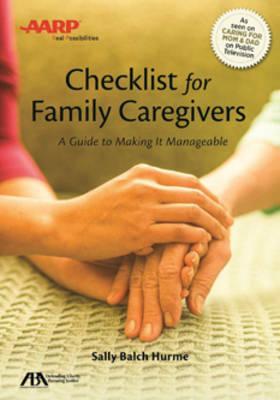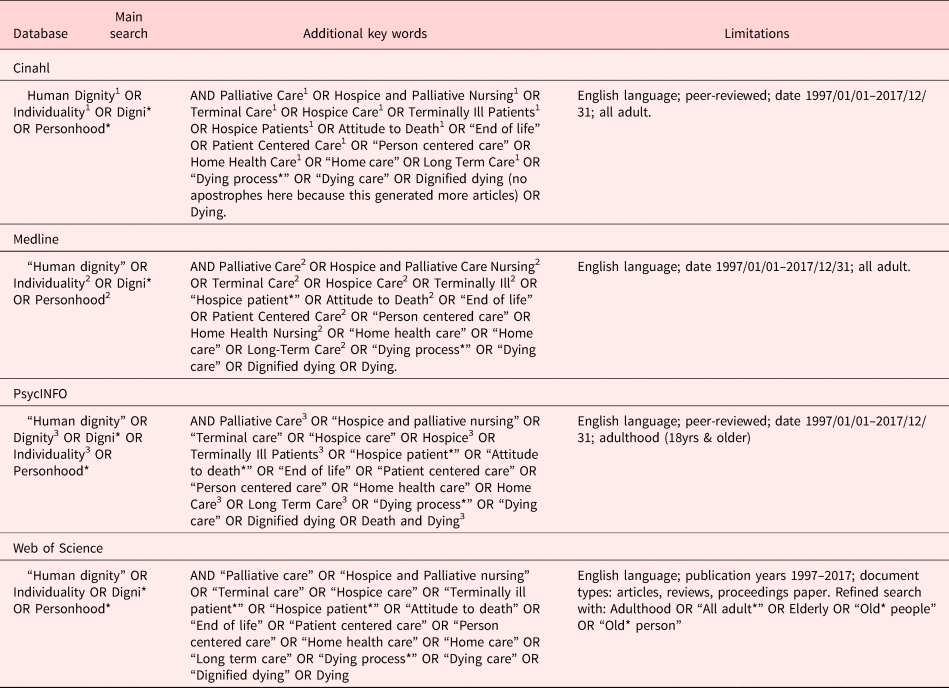
Do you know if Medicare covers long term care? This article will explain the benefits of long-term care insurance, the types of services covered by Medicare and Medicaid, and the requirements for eligibility. Continue reading to learn more about your rights under Medicare. Decide which coverage is best for you. The right choice depends on your age, health, and financial situation. This article will cover Medicare, Medicaid, and private long-term insurance coverage.
Cost of long term care insurance
Traditional long term care insurance is similar to traditional health and car insurance. The monthly premium you pay is a premium. There may not be a return of your premium. These benefits are not as extensive and the rate may rise, making it less appealing. It is often viewed as a gamble, since if you don't need long-term care, you won't receive benefits or get your money back.
Long-term Care Insurance policies are influenced heavily by the age of the insured. The policy will pay less if purchased when the owner is younger and in better health. Those who buy the policy at their earliest ages will have the lowest rates, which are based on the initial benefits pool of $164,000 at age 55. That value will increase to $386,000. This is not the case for everyone.

Medicare covers certain types of long-term care
Long-term care benefits are available to anyone who is eligible. Medicare covers several different types of services that support your health and wellbeing for an extended period. Long-term health care is not provided by doctors or hospitals for only a few days, but it provides support with everyday living and finances. This care can vary depending on what the client needs.
Long-term Care Insurance covers some of these costs, including home health services and personal care services. However, these policies come with limitations and can become more costly as you get older. Plus, some insurance companies use health history and medical conditions as criteria for eligibility. Because older people are less likely to qualify for Medicare, one-third of applications from this age group were denied coverage in 2019.
Medicaid covers long-term care
If you're in the market for long-term care coverage, you may be wondering whether Medicaid covers it. This program offers many advantages, including the flexibility to choose, control and manage the cost. Here are some tips for deciding whether Medicaid will cover long-term health care. Consider your specific needs. Your spouse or family members may be able to assist you with basic tasks. While Medicare does not cover long-term care services, Medicaid does.
To get long-term care coverage, Medicaid has strict rules about the transfer of assets. The agency analyzes five years of financial transactions to determine if the transfer of an asset will affect the eligibility for benefits. If there is anything in the applicant's bank account that would prevent them from qualifying for benefits, they cannot receive Medicaid. There are specific rules for transferring assets to Medicaid, so consult an attorney or financial advisor if you're unsure whether or not this is the right route for you.

Conditions to be eligible for coverage
Long-term care insurance is important for many people, but not everyone is eligible to apply for it. The quality of your health is a major factor in your eligibility for long-term insurance. You can apply for long-term care insurance in your twenties, if you are in good physical health. In poor health however, it is best to wait to apply for longterm care insurance until you reach your fifties, sixties, or seventies.
You must be able to do two or more daily tasks without assistance for 90 consecutive calendar days in order to qualify for long-term insurance. You must also have a significant cognitive impairment that requires substantial supervision. You must receive a diagnosis from a licensed physician. Once you have been approved to long-term care insurance you will begin receiving benefits and pay premiums. Many long-term insurance policies cover many types of facilities. You should know which facilities are covered by your policy, however, because if you do not, your insurance provider may refuse to pay out.